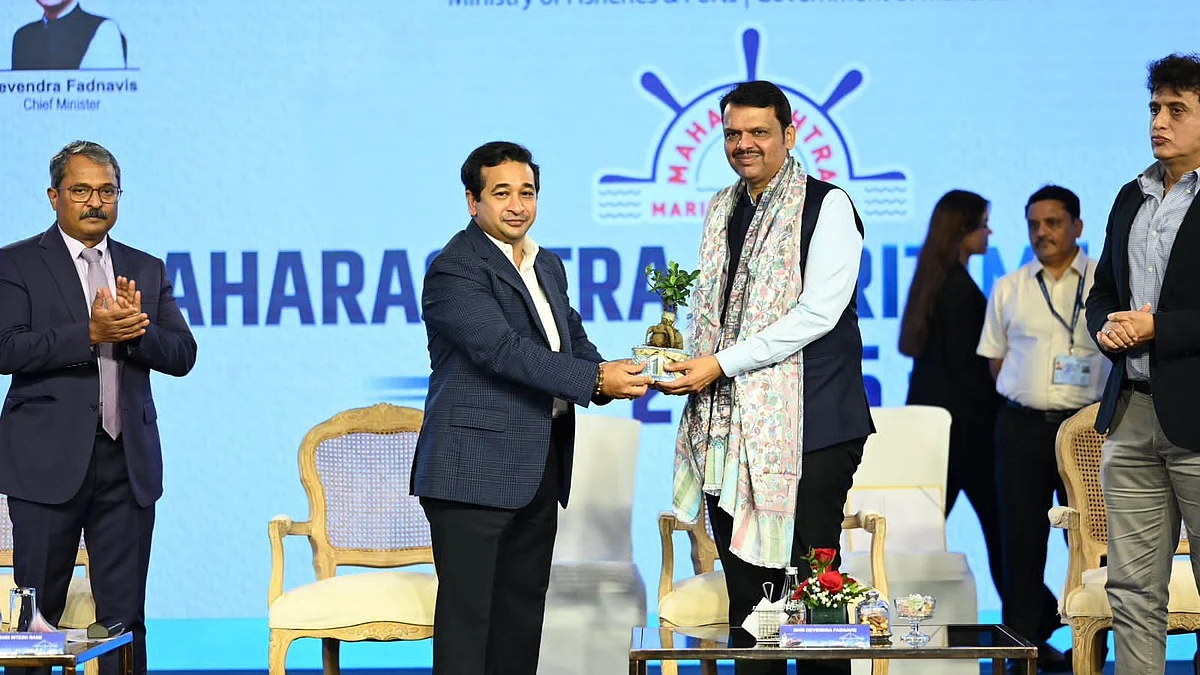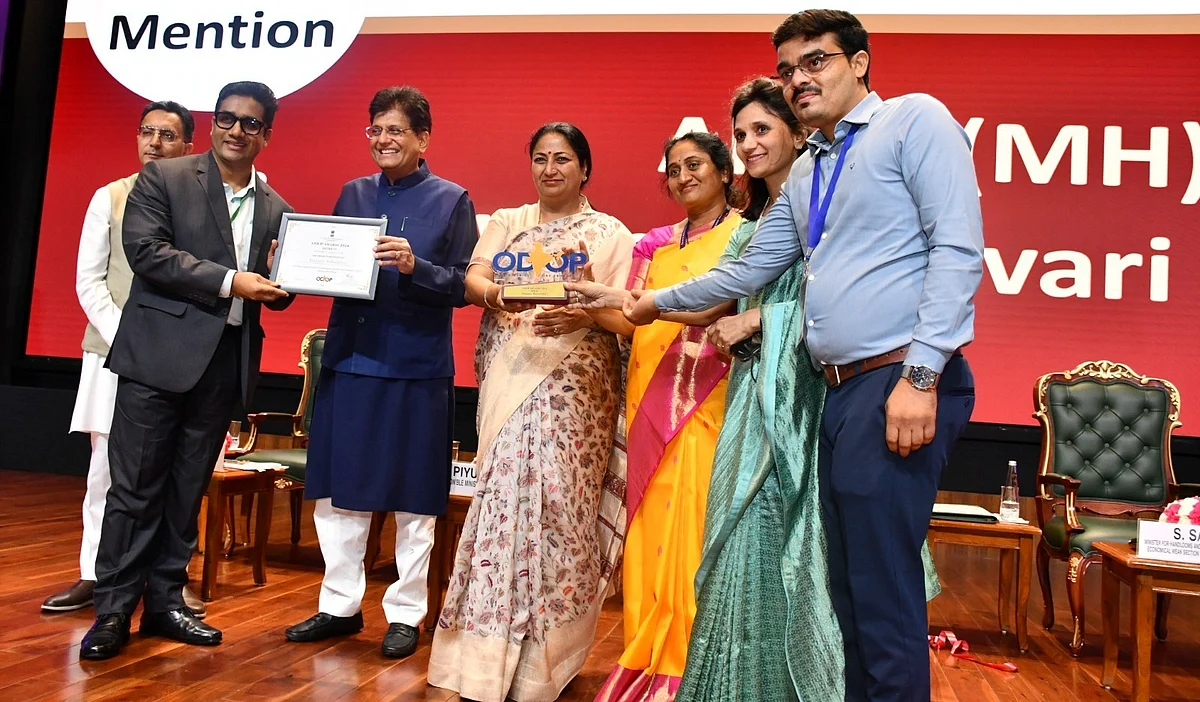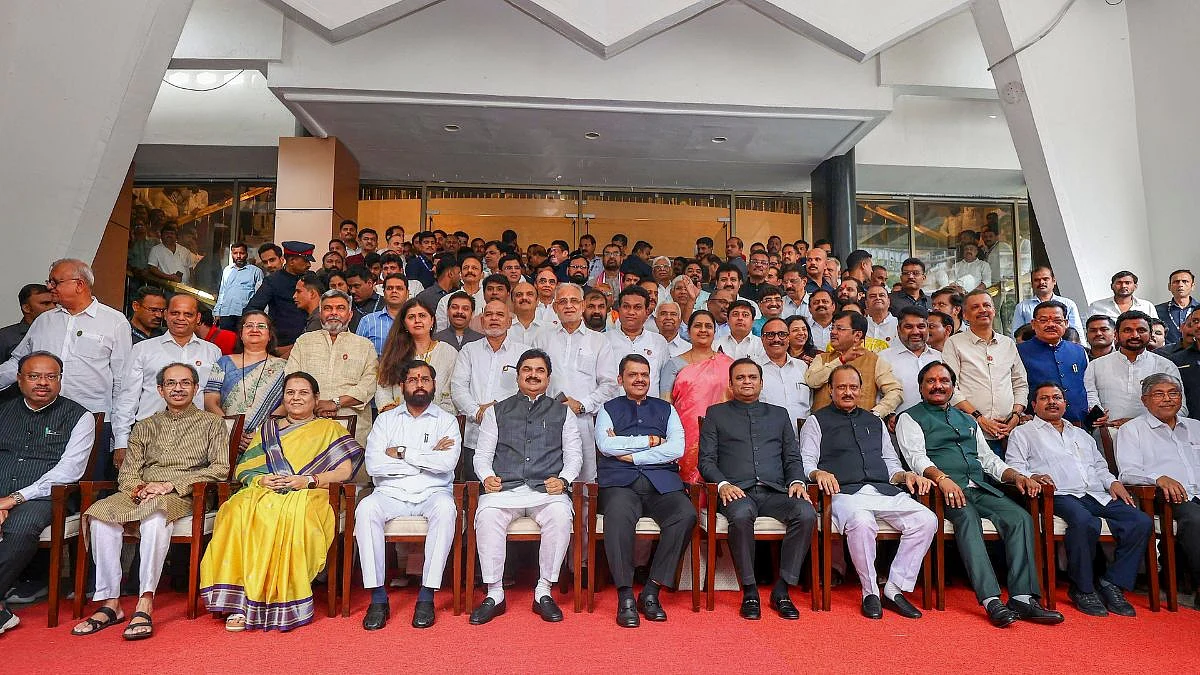Mumbai, the financial capital of India, holds a special place in the hearts of its residents. However, despite its significance, the city's civic infrastructure has consistently lagged behind expectations. Urban planning in Mumbai, if at all it exists, has been marred by inadequate speed of regulatory changes, and failed to keep up with societal and economic compulsions of the city. Despite being a global economic hub, and India’s commercial city, the city grapples with issues such as overcrowding, congestion, inadequate infrastructure, and environmental degradation, largely due to the lack of effective rules and regulations.
Land availability is a major challenge for city planning and development. Mumbai is vulnerable to coastal hazards such as flooding, sea level rise, and storm surges due to its location on the coast of the Arabian Sea. Climate change impacts pose significant challenges in terms of urban planning and infrastructure resilience in the city. This puts pressure on the city's infrastructure, including transportation, housing, and public services.
Mumbai has a significant slum population, with an estimated 41% of its population living in slums or informal settlements. This increases complexities and challenges of housing, sanitation, and basic amenities for the urban poor. Mumbai faces significant challenges in providing affordable housing options for its growing population. Mumbai has limited open spaces, with only about 1.1 square metres of open space per person, well below the national average of 11 square metres per person. This poses challenges in terms of providing green spaces, parks, and recreational areas for the city's residents. Mumbai generates a significant amount of solid waste, estimated to be around 11,000 metric tonnes per day. However, the city faces challenges in solid waste management, including unregulated waste disposal in local areas by the citizens, poorly managed landfills, inadequate waste collection, segregation, and disposal systems. This has led to overflowing landfills, pollution of water bodies, health hazards for residents, including generation of air pollution.
One of the major contributors to Mumbai's infrastructure challenges is the prevalent nonchalance among stakeholders for its development. Delayed projects, inadequate maintenance, and sluggish decision-making have become the norm. The urgency and ambition needed to address the city's growing needs often seem to be missing, resulting in a perpetual state of catch-up.
The absence of a robust accountability mechanism further exacerbates Mumbai's infrastructure woes. Who is accountable for Mumbai’s nightmarish infrastructure? While Mumbai's urban planning challenges are vast and complex, it is essential to address the issue of accountability and the tendency to make excuses for the delays and shortcomings. Ambition is crucial for progress, but it should not become a shield to deflect responsibility or a justification for civic operational inefficiencies. Excuses often surface when projects face delays or encounter unexpected hurdles. Why does one feel that Mumbai is always 20 years behind its own civic infrastructural needs?
One of the key concerns in Mumbai's urban planning is the rampant encroachment on natural spaces and green areas. According to a research study, Mumbai has lost over 60% of its green spaces in the past decade, primarily due to unplanned urban expansion and encroachment on ecologically sensitive areas. The lack of stringent regulations to protect natural spaces, along with weak enforcement mechanisms, has allowed for uncontrolled development, resulting in loss of biodiversity, increased pollution, and compromised environmental sustainability.
Another critical issue is the inadequate regulations in the development of affordable housing. Mumbai faces a severe shortage of affordable housing options, leading to the proliferation of slums and informal settlements. The existing regulations for affordable housing are often outdated and not aligned with the current needs and realities of the city's population. The lack of clear guidelines, standardised norms, and effective monitoring has resulted in substandard housing conditions, overcrowding, and compromised living standards for many residents. In addition, the concept of slum rehabilitation is a worry that it encourages encroachment into privately or publicly owned land, as well as state sponsoring such an tacit activity through regulations.
Mumbai has a rich heritage of historic buildings and precincts that are under threat due to rapid urbanisation and development. Regulations related to heritage conservation need to be strengthened to protect and preserve these heritage assets. This includes stringent norms for the maintenance and restoration of heritage structures, guidelines for new development in heritage precincts, and measures to prevent unauthorised alterations and demolitions of heritage buildings. Additionally, regulations should promote heritage tourism and community participation in the preservation of Mumbai's cultural heritage.
The absence of comprehensive regulations for public transportation has exacerbated the issue of congestion and traffic in Mumbai. The city's public transportation system, including buses and trains, is overcrowded, resulting in increased reliance on private vehicles and exacerbating air pollution and traffic congestion. The inadequate regulations and planning for public transportation, including measures such as dedicated bus lanes, cycling lanes, and improved last-mile connectivity, have hindered the development of sustainable and efficient public transportation options in Mumbai. The auto and taxi unions, with political patronage, still rule the roost. The city needs an integrated multi-nodal public transportation system with last-mile ease, without the political interference in the unionised autos or taxis. In Mumbai’s scheme of civic planning, pedestrians and the physically disadvantaged do not exist at all. Where there is a semblance of footpath, it is blatantly encroached, without much action by local civic authorities. Many times, encroachments seem a better organised movement with help of necessary stakeholders!
There is a palpable absence of a comprehensive, long-term vision for the city's infrastructure development. A fragmented and piecemeal approach fails to address the evolving needs of its citizens and the challenges posed by Mumbai’s rapid increasing urbanisation. To rectify Mumbai's infrastructure deficit, a fundamental shift in citizenry mindset, decisive political will to be accountable for the city development and administrative approach towards efficient public service delivery is imperative. A long-term vision for Mumbai's future must be developed, anticipating population growth, identifying infrastructure needs, and planning accordingly.
Sadly, Mumbai continues its co-existence with congestion, corruption, compromised-living, and its prized chalta-hai attitude. It lives in the fallacy of retro-romance of what Mumbai was when it was Bombay or how the then-Bollywood portrayed it to be. Only when Mumbai moves ahead with planned and timely development can it be a 21st-century city, hopefully in the 21st century itself.
Dr Srinath Sridharan is a corporate adviser and author of Time for Bharat. He tweets @ssmumbai










